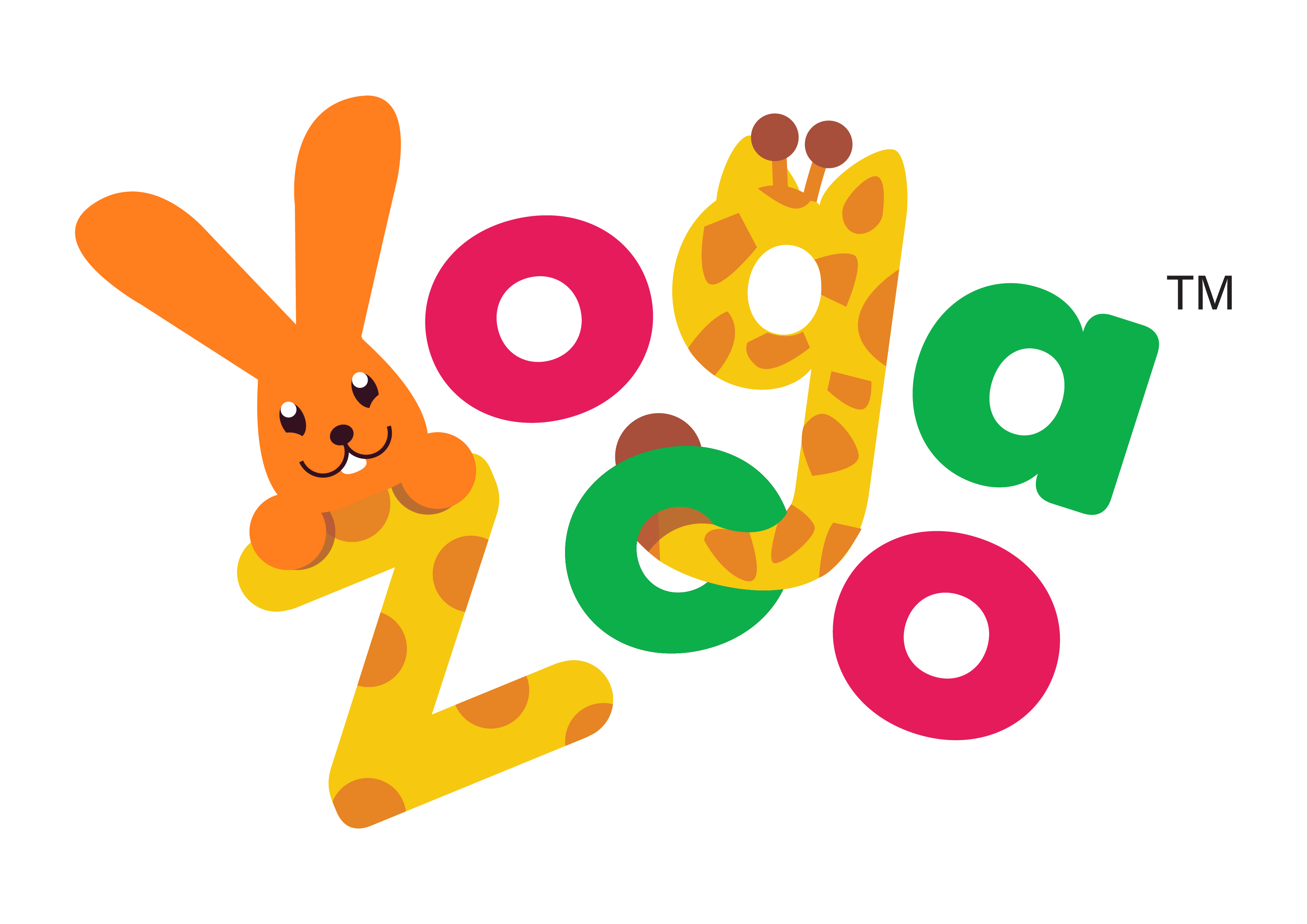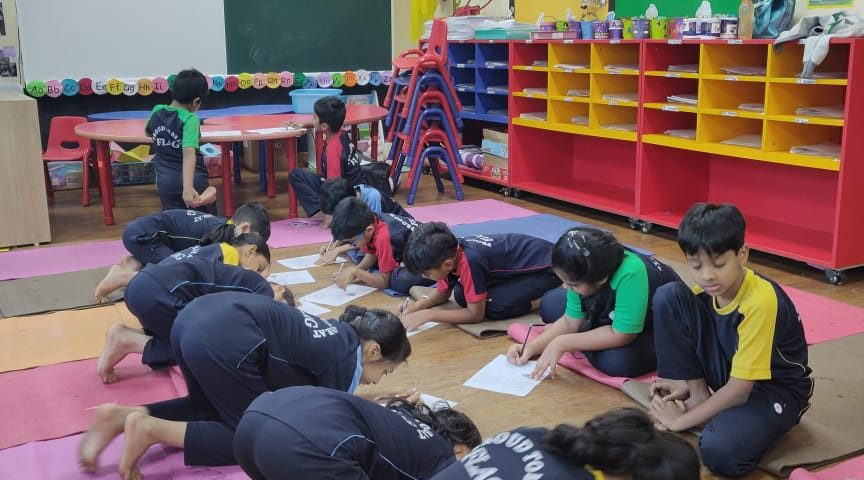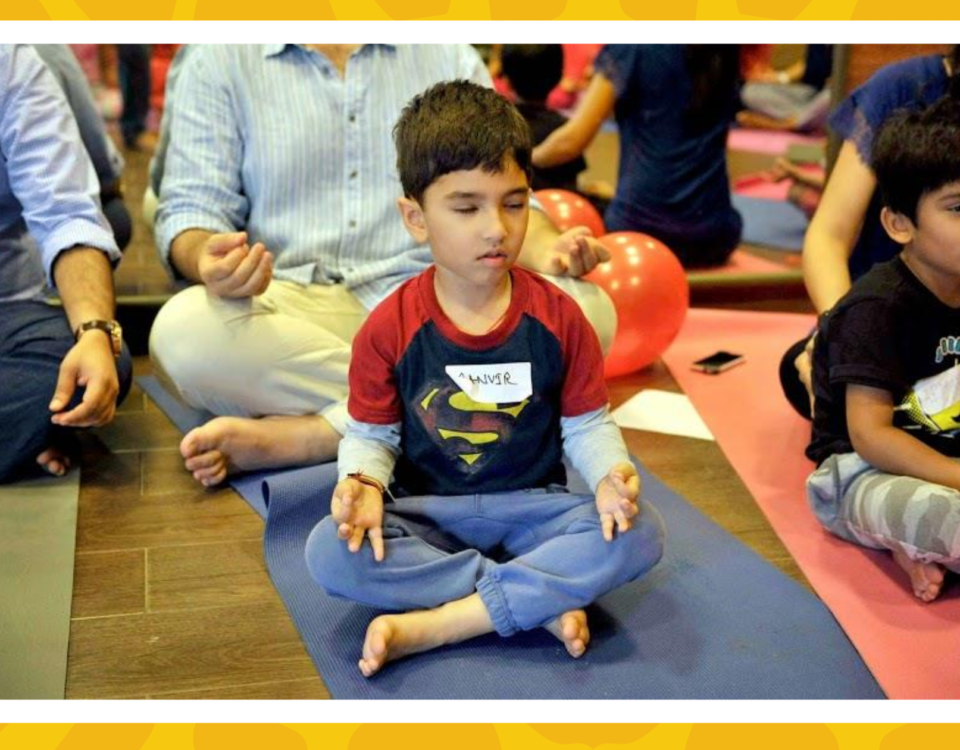The Subtle Art of Staying Still

Why Schools needs a specialize yoga program for children
November 5, 2019
Children Learn – Let’s Convert Those Stubborn No’s
November 17, 2019The Subtle Art of Staying Still
If you observe, stillness is almost absent from children’s lives. They are always doing, watching, listening, playing, learning or bouncing around. Adults often think that active and energetic children are happy ones. But opportunities to practice stillness are important for children, as they are for adults.
Why should children learn to be still?
Stillness teaches children how to ‘pause’ in their lives. These pauses are important as they allow kids to refresh, reset and rebalance. It gives them that moment – whether to gather perspective or not reacting to a trigger. By learning to be still, they attune to their inner calm. They become more capable of handling conflict especially when they are feeling fearful or anxious. They learn to self-soothe and this will help them gain confidence and personal power.
The stillness exercise
Here’s a stillness exercise that children can practice in classrooms or at home. Begin by slowing yourself down. Slow down your talking, and breathing; by doing this you are creating a calmer environment around you. Now let’s get children to practice Savasana. Have the children stretched out on their backs on the floor, and tell them to close their eyes and imagine that they are stuck in the mud. Every part of their body is stuck and unless you undo it, they cannot move!
Then, walk around the room and touch one of their body parts; only that part can move. For example, you touch one child’s right toes (and say just the toes), then she can only wiggle the toes on her right foot. Similarly, you can continue this game by engaging with other children. This exercise will not only get the kids to be still, but will also teach them how to isolate and control individual body parts. You can do this activity any time during the day or before bedtime when they need to unwind. Children love to visualize and role play. This is a great way to get them involved.
This simple activity will help both children and you to reduce stress and stay connected to what’s important. Look at actively creating such moments of stillness that will lead to children developing greater self-awareness while having fun.




